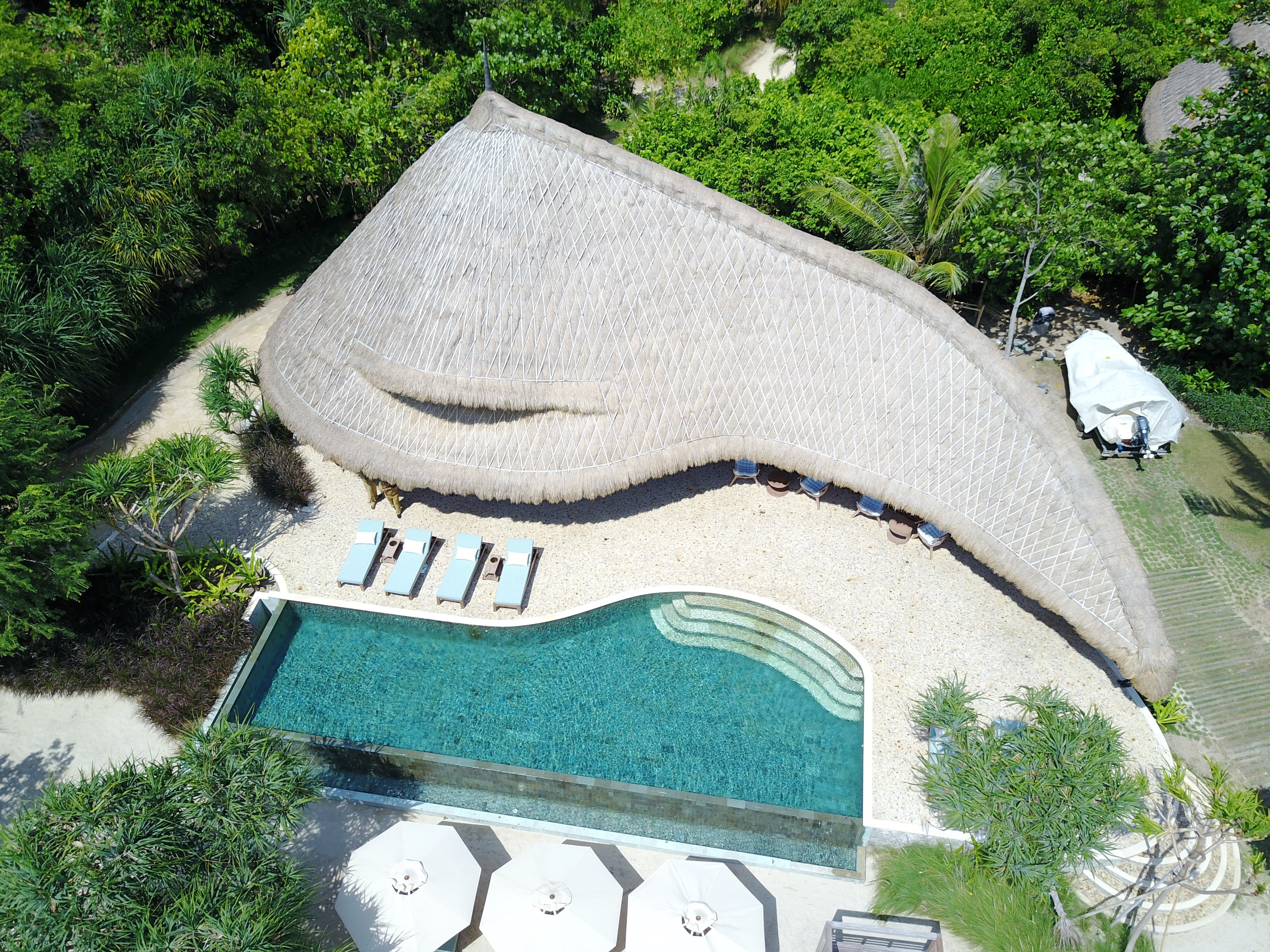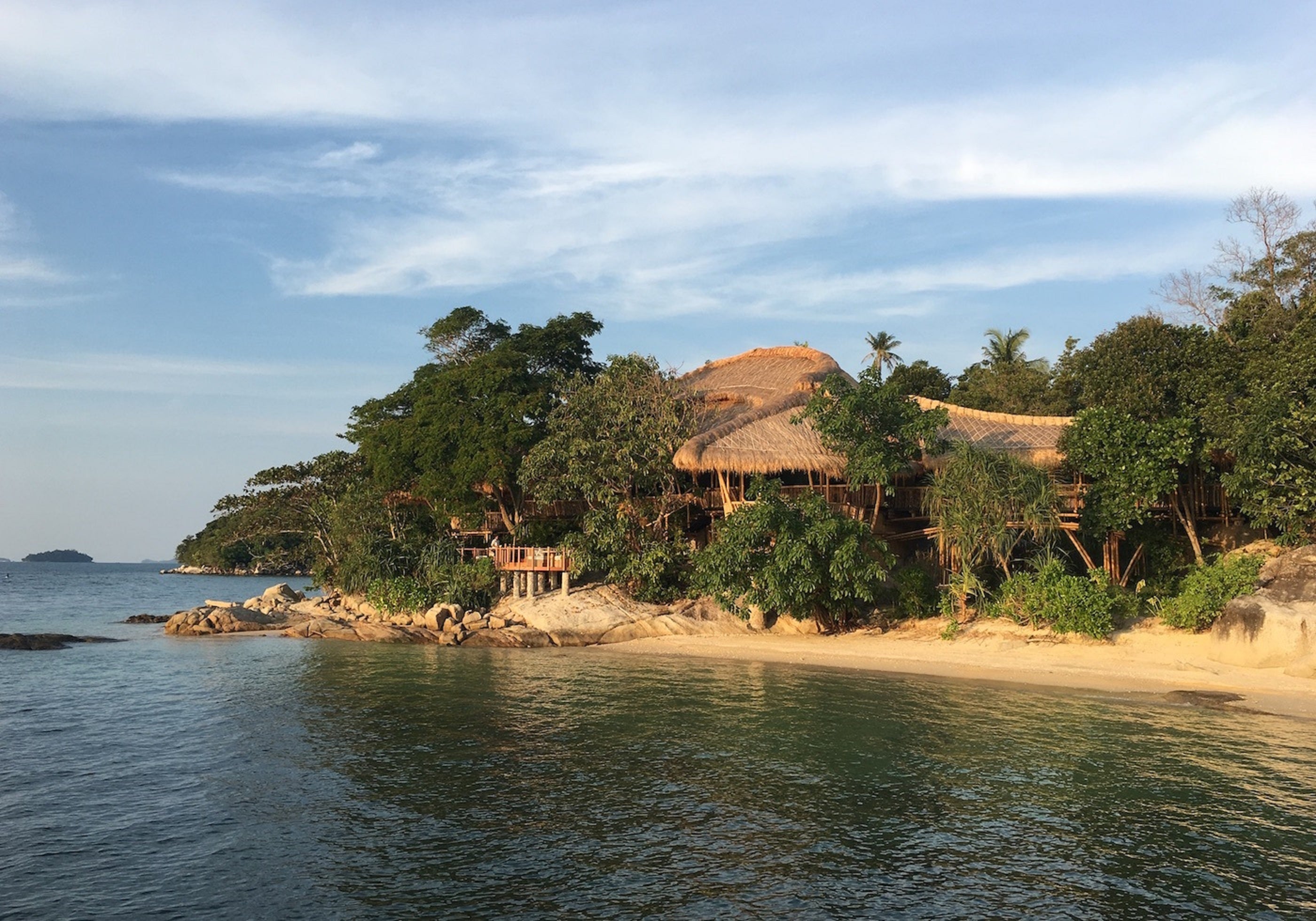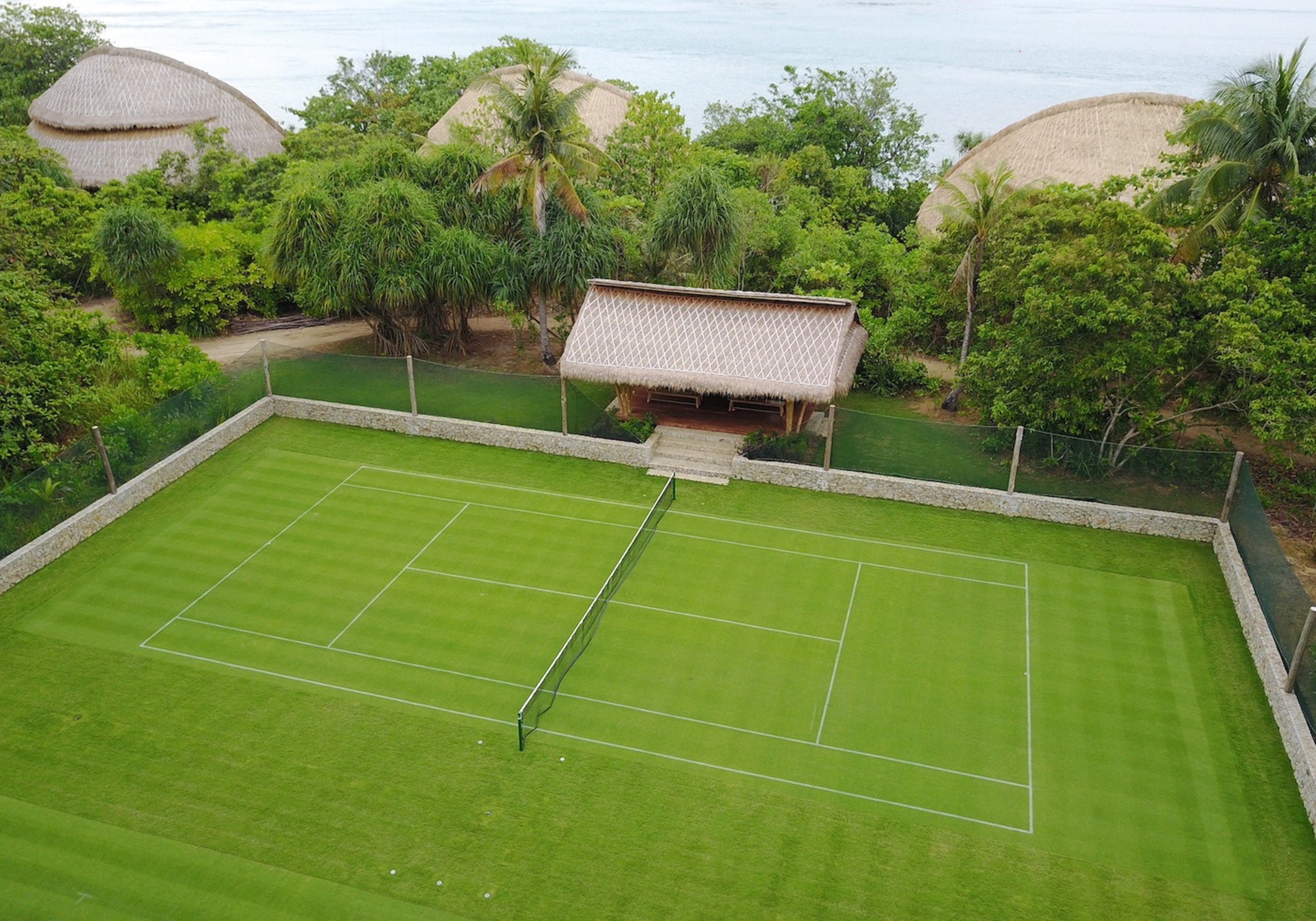This sustainable Indonesian island is made entirely of bamboo
Cempedak doesn’t trumpet its eco-credentials too loudly – but it’s all the better for taking the subtle approach, writes Jonathan Whiley

Your support helps us to tell the story
From reproductive rights to climate change to Big Tech, The Independent is on the ground when the story is developing. Whether it's investigating the financials of Elon Musk's pro-Trump PAC or producing our latest documentary, 'The A Word', which shines a light on the American women fighting for reproductive rights, we know how important it is to parse out the facts from the messaging.
At such a critical moment in US history, we need reporters on the ground. Your donation allows us to keep sending journalists to speak to both sides of the story.
The Independent is trusted by Americans across the entire political spectrum. And unlike many other quality news outlets, we choose not to lock Americans out of our reporting and analysis with paywalls. We believe quality journalism should be available to everyone, paid for by those who can afford it.
Your support makes all the difference.On a speck of a tropical island in the South China Sea, nature is rehearsing its royal variety act. Emerging from the dense canopy of the virgin rainforest, which blankets two-thirds of the island and is home to more than 50 species of bird and butterfly, a giant monitor lizard darts across our path.
Cempedak, in Indonesia’s Riau archipelago, is a nature documentary maker’s dream. The marine life-rich coral reef that surrounds the private island has encouraged wild pigs, rafts of sea otters and pods of dolphins to venture towards its shoreline.
Baby turtles are often found nesting under the boathouse, a resident silver leaf monkey swings among more than 100 types of tree, and if you are especially lucky (in the case of one guest), you may even encounter a critically endangered pangolin. It’s the sort of place that might even make Attenborough a little giddy.

The adults-only island opened in 2017, the passion project of former Australian banker, Andrew Dixon. Based in Singapore – the gateway to the island with a two-and-a-half-hour journey that includes a private speedboat which runs on biodiesel 30 (containing 30 per cent palm-oil based fuel) – it’s the second uninhabited Indonesian island he has transformed.
Disenchanted with the standard of holiday accommodation near Singapore, he discovered an island was up for sale in 2003 and bought it with three friends. At first it was their weekend retreat from the city, but four years later, Nikoi opened for business.
It’s the sort of place that might even make Attenborough a little giddy
In upgrading Cempedak, its smaller sister to the south, the group followed the same core principles of cultural sensitivity, environmentally friendly design, privacy and simple luxury. Their ethos was to show that responsible tourism can be profitable and beneficial to the environment – not only protecting it, but helping to restore it – without compromising on comfort for guests.
The result is Grand Designs meets Alex Garland’s The Beach, with sprawling two-storey seafront villas that resemble giant boomerangs with thatched alang-alang grass roofs and teardrop-shaped saltwater plunge pools.
Made almost entirely of Java and Sumatran bamboo – everything from bamboo fans to unbleached bamboo fibre as toilet paper – the island resort was built using local, natural materials. Furniture was built on-site using driftwood, construction scraps and recycled timber, and local contractors were taught new trades and techniques with some transitioning to front-of-house roles.

Co-founder Dixon says their proudest achievement, in terms of sustainability, has been the impact the islands have had on the local community. “This has taken many forms, including helping several businesses get established to the establishment of The Island Foundation and the effort we put into staff training and development,” he says. “We are seen as a valuable member of the community and it means it’s easy for us to attract good staff and staff turnover is very low.”
All but one of the island’s staff are Indonesian, employees work a five-day week (the standard in Indonesia is six) and a staff-managed savings and loan scheme has been established to help the team build nest eggs.
In recent months, Cempedak collaborated with Seven Clean Seas, which paid their furloughed staff additional income to carry out beach clean-ups, with 60 tons of plastic collected to date.
Despite a 13-page responsible tourism policy, reviewed annually, Dixon has no desire to actively market the island’s eco-focus. Money that would have been spent on advertising goes to its Island Foundation to support work with the local community on nearby island Bintan, fulfilling educational needs identified by village leaders.
“We wanted to create a destination that offered a unique experience, where high-quality food and good, friendly service were what made people return, so we don’t try and market our sustainability credentials,” says Dixon. “We like people to think that is a bonus that gives them added comfort – because by staying with us they are having a positive impact on the local community, helping with conservation and protecting local culture.”
The island is barefoot seduction at its best: pristine sandy beaches as soft as lightly whipped double cream, a bamboo spa resting on granite boulders in a mangrove bay, a grass tennis court for barefoot games of boules or croquet.

Lemongrass lightly perfumes the air – it’s planted as a natural insect repellent – pathways are lit by low voltage LED lighting and sundowners in the towering Dodo Bar (a nod to the Nicobar Pigeon, an occasional visitor and the nearest living relative to the Dodo) are never less than punchy.
Fixed daily menus are eternally creative – black sticky rice porridge with coconut milk and mango and papaya jam – showcasing organic, local produce from a kitchen garden on Nikoi and permaculture farm on Bintan. “We are self-sufficient for free-range eggs and chicken meat and the quality is fantastic,” says Dixon, whose short-term plan is to expand production further once the soils become more fertile.
Long-term plans for the zero-waste island, where solar power accounts for more than half the electricity when fully occupied, include reducing carbon emissions to zero, expanding no-fishing zones and establishing a hatchery programme for turtle eggs collected from neighbouring islands. This is castaway living with heart and soul; where seclusion and satisfaction coexist in almost perfect harmony.
Rooms from $360 (£254) per night. Three daily meals and most activities $90 (£63) per person per day, cempedak.com
Join our commenting forum
Join thought-provoking conversations, follow other Independent readers and see their replies
Comments